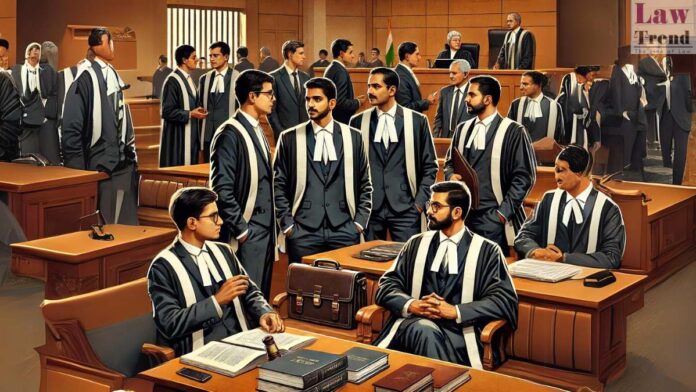The Allahabad High Court has directed the Uttar Pradesh State Road Transport Corporation (UPSRTC) to devise a new system for appointing its legal counsels, emphasizing that the procedure must be transparent, promote merit, and provide fair opportunities to young, first-generation lawyers. Justice Ajay Bhanot issued the directive after observing that the current appointment method is




